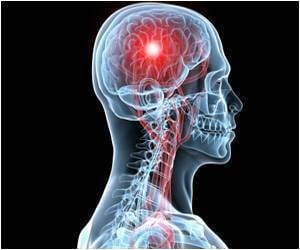A new study has revealed that the brain learns words quickly by tuning neurons to respond to a complete word, not parts of it. These findings could help people with reading disabilities.
Ever wondered how we learn new words? Researchers at Georgetown University Medical Center (GUMC) have found that when we look at a new word, our brain first learns the word and then sees it like a picture, instead of a group of letters. The study findings not only help reveal how the brain processes words, but also provides insights into how to help people with reading disabilities.
Maximilian Riesenhuber, PhD, and this study's senior author, said, "The neurons respond differently to real words, such as turf, than to nonsense words, such as turt, showing that a small area of the brain is holistically tuned to recognize complete words. Neurons in a small brain area remember how the whole word looks, using what could be called a visual dictionary. This small area in the brain, called the visual word form area, is found in the left side of the visual cortex, opposite from the fusiform face area on the right side, which remembers how faces look. One area is selective for a whole face, allowing us to quickly recognize people, and the other is selective for a whole word, which helps us read quickly."
The study comprised of 25 adult participants who were asked to learn a set of 150 nonsense words. Researchers investigated the brain plasticity associated with learning with functional magnetic resonance imaging (fMRI), both before and after training.
The study has been published in the
Journal of Neuroscience.
Source-Medindia

 MEDINDIA
MEDINDIA




 Email
Email









